Responsible Leadership
Talking about Agile, we need to emphasize management and leadership. We all know that without a change in leadership, the transformation will fail. We have heard many times that Agile is a state of being rather than doing. So, how difficult is it for leaders to change, let go of old patterns, reinvent themselves, and become Agile? To my opinion, quite difficult...
Talking about Agile, we need to emphasize management and leadership. We all know that without a change in leadership, the transformation will fail. We have heard many times that Agile is a state of being rather than doing. So, how difficult is it for leaders to change, let go of old patterns, reinvent themselves, and become Agile? To my opinion, quite difficult...
It is a challenging task for anyone who relates their significant accomplishments to the experience they obtained in the old system and the ideals they hold dear. It's not like Gregor Samsa's metamorphosis happened overnight, and it's not something that can be achieved through training, mentorship, or coaching. It's a metamorphosis that should begin with the need to shake what is thought to be true, and then continue for a while with the fear of nothingness. So what are those known to be true?
- You've probably heard the self-assured expression "our goal is to make money" many times. What an evil goal. Almost aimless… It's almost aimless... Profit/money is to a company what oxygen is to a human, according to Joost Minaar from Corporate Rebels. He went on to say that people should not exist for oxygen, but for bigger purposes and that companies should not live for profit. How true is it that a CEO's effort to motivate people through various means is aimed at maximizing the profits of the company's partners, and that his definition of success is to minimize the human cost as much as possible while providing a high profit to the stakeholder?
- How beneficial is it for society when a CFO juggles a variety of tax-cutting strategies?
- Definition of risk... How true is it that, in order to grow the company, leaders sometimes break the rules by succumbing to individual weaknesses, pushing society into poverty, consuming more than it requires, and directly or indirectly pushing negative emotions like jealousy, hatred, and unhappiness by playing on people's emotions? Isn't the actual danger for human-run companies such a deviation from fundamental human truths?
- How humanely is it that we don't consider a prominent French clothing brand's campaign, in which 4-5 men gather around a half-naked lady staring at the woman in bed, as objectification of women, and that we have frantic acceptances in the face of such events in order to gain money?
- How healthy is it for a manager to feel a sense of superiority over the people he supervises?
- Isn't it monarchism that all the liberal or libertarian-minded rulers who march to the streets to demand that democracy be preserved have complete legislative, executive, and judicial powers over the people they supervise? Everything until you get the power? In other words, if these persons became president, they appear to have a high likelihood of becoming what they oppose. It is as easy as apple pie for them to do what they do, thinking that they will base their actions on the benefit of the people and that they are the chosen one. Isn't it ironic that these people, who are anti-monarchist until the end of their private lives, spend 80% of their days in pyramid structures that were built as tombs in the past and where mummies live today?
- Leadership is what we do to our own species, and how much leadership is it when leaders regard their own species as FTEs or resources and spend the majority of their time between budget/cost sheets?
- How does corporate censorship imposed on employees' social media accounts relate to freedom of expression?
- How social is the concern that if leaders, who have a great influence in people's lives, often through the role the company gives, are blocked by their employees on social platforms such as facebook, instagram, for fear of being judged, their follow-up requests are delayed, and similarly, how social is the concern that if leaders accept link requests to their accounts, the vulnerability in their private lives will become transparent and reveal reputation-authority weakness?
- When it comes to gender equality. Although we do not see much in the senior management, the rate of women working in the company is, so to say, X%, Y%. Gender equality is not an easy matter, neither for women nor for men. In a world where marriage is portrayed as a goal and the princess as an object at the end of books they have read since childhood, movies they have seen, and computer games they have played, regardless of men or women, this change and transformation is extremely tough. How aware are they of the potential for creativity, innovation and peace that real gender equality will bring to society, rather than the so-called gender equality movements made to appear sympathetic to the society and employees? Furthermore, how aware are they of the significance of upholding universal standards in order to maintain human’s cognitive balance?
Yes, it may sound populist sentiments, but true Agile transformations come with a package of purification, responsibility, and risk-taking on the issues I outlined above. Only this time, the risk is different; instead of making less money, the risk is to produce more value for society and those who are influenced by the leader, to strive for a more just world. You already know that focusing on the proper value, rather than money, is more likely to produce unexpectedly superior results, as demonstrated by articles such as doing business with passion, loving your career, striving for a reason, and so on. We don't have to call it Agile either. However, we must remember that this is part of the Agile package.
Transformations and changes will not do credit to the basic value of the Agile Manifesto, "individuals and the interaction between them," until we re-discuss what we know to be true, re-evaluate our benefit to society, and tickle our drive to earn money for the stakeholders. That is, they would not have been able to make the machine biological, to turn Pinocchio into a real boy by doing the right. Their nose will keep growing...
Purity of intention affects the degree of success, and purifying intention requires great effort, dedication, and taking risks that have not been taken before. I hope that at some time, the Agile transformation movements that have become a pop-cult in our country can reach the purification phase and that the leaders will begin to assume greater responsibility and risk for greater goals.
Note: If you like the article in your heart but find it difficult to press the button, you can consider this as the 11th "true".

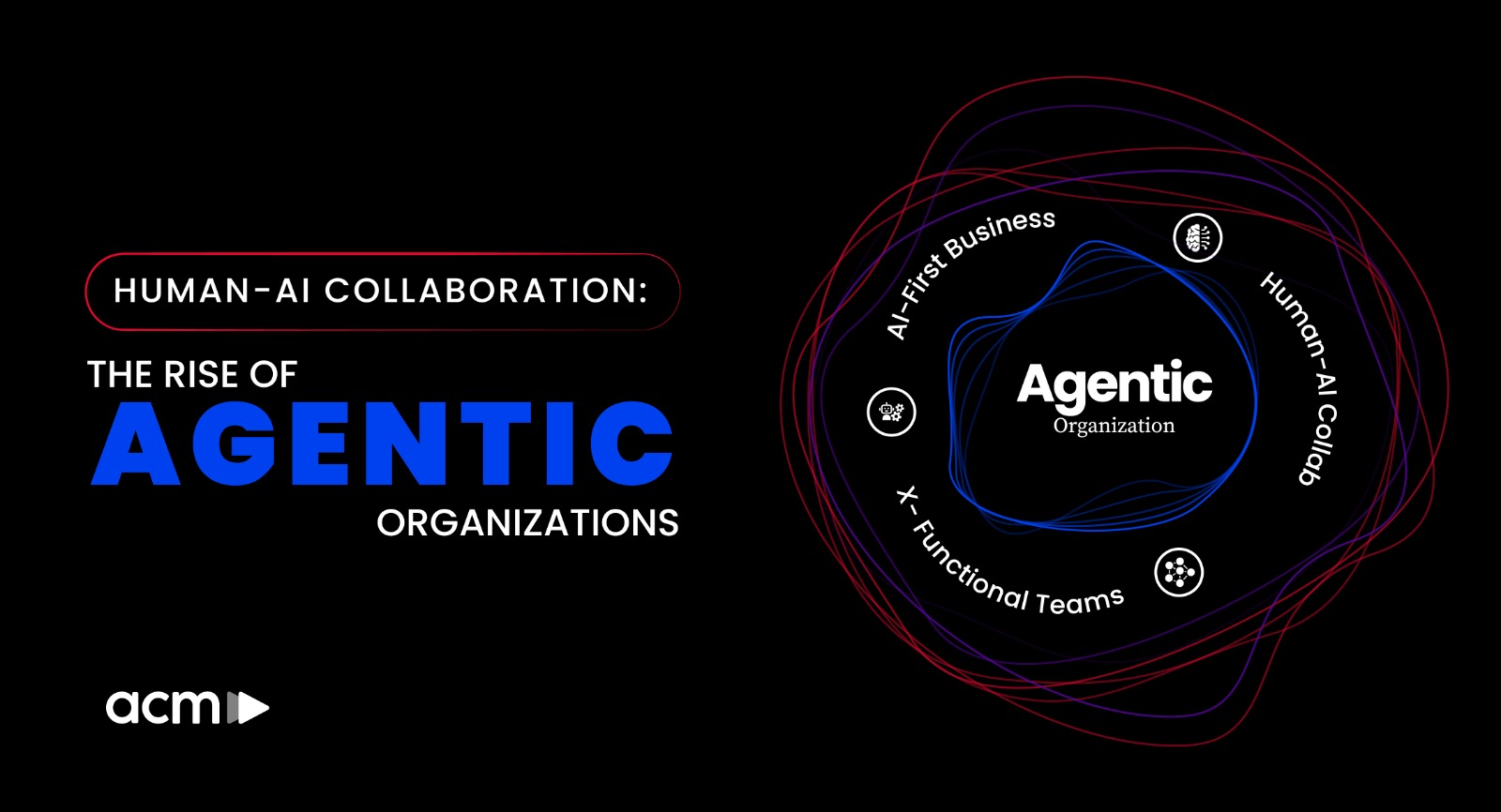

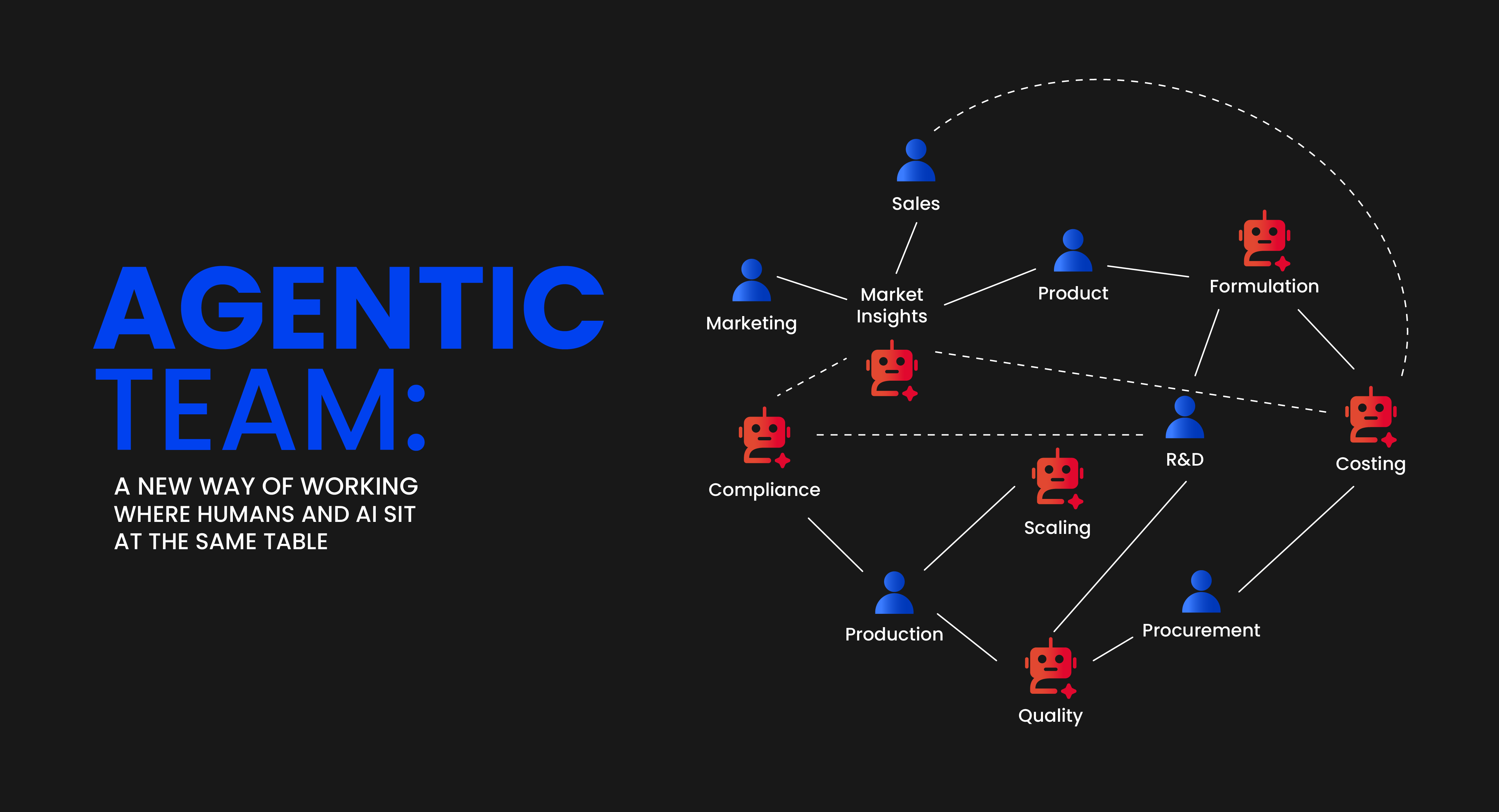
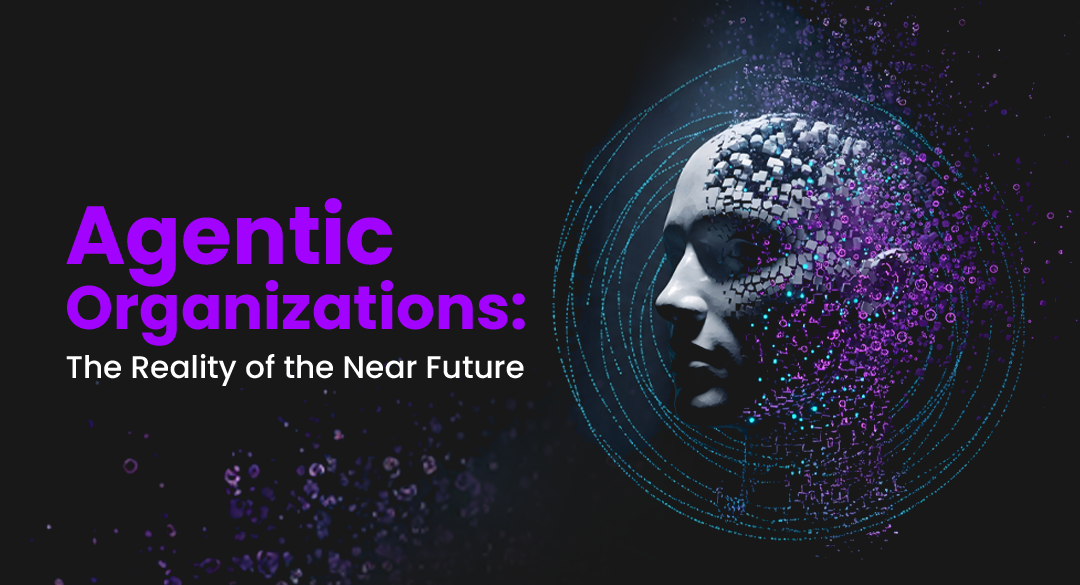

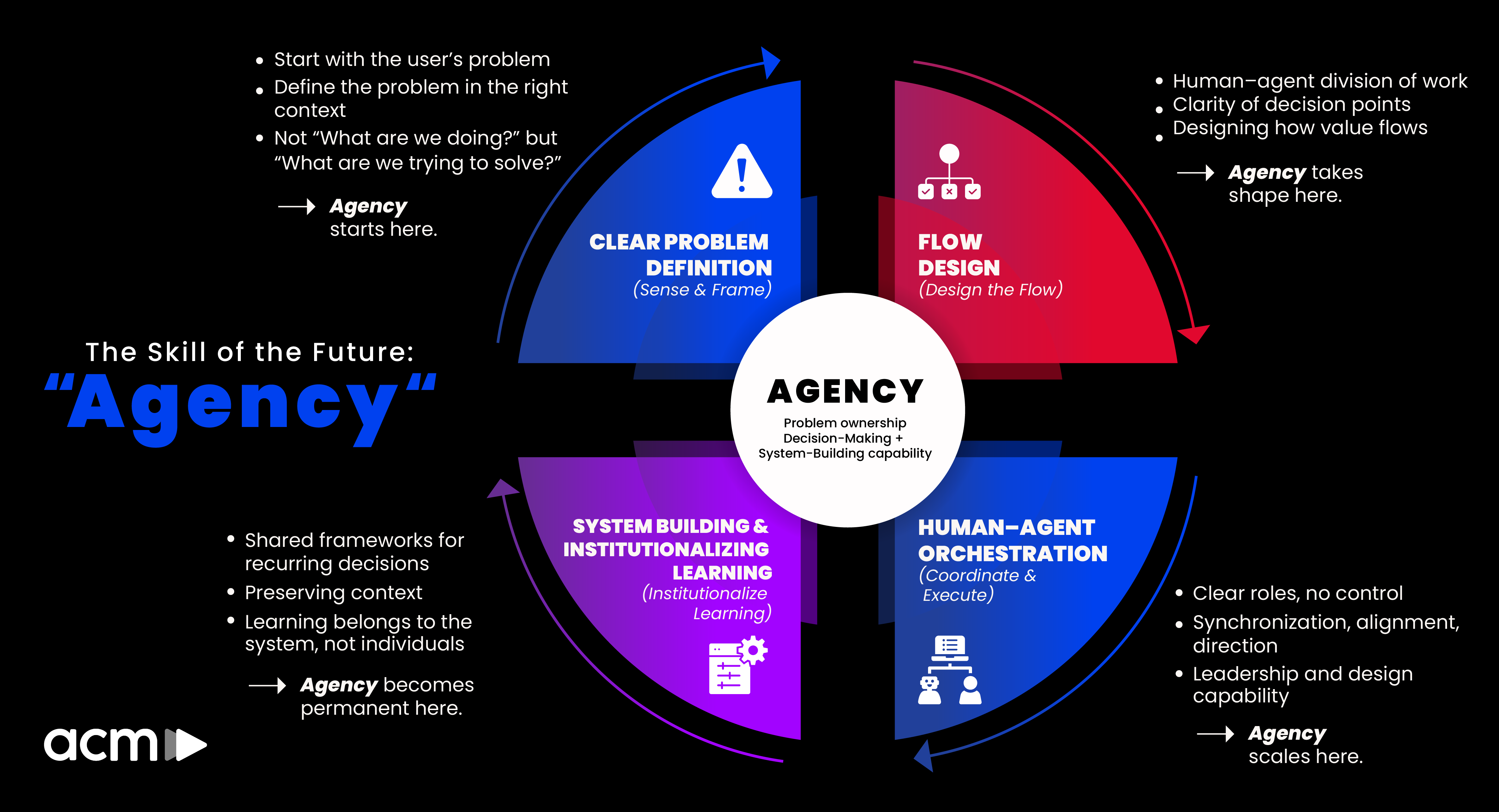
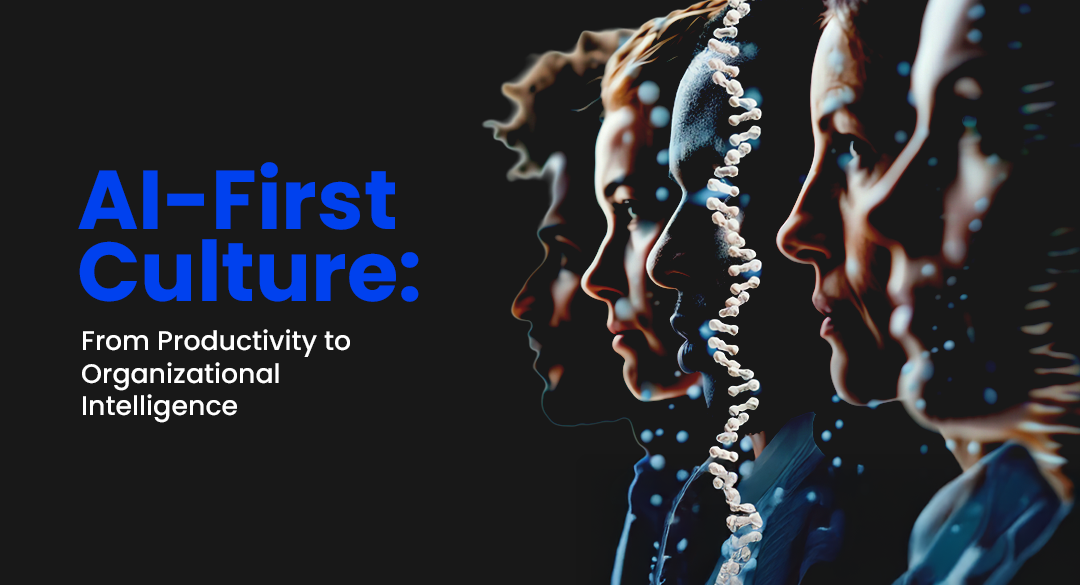
Comment(s)